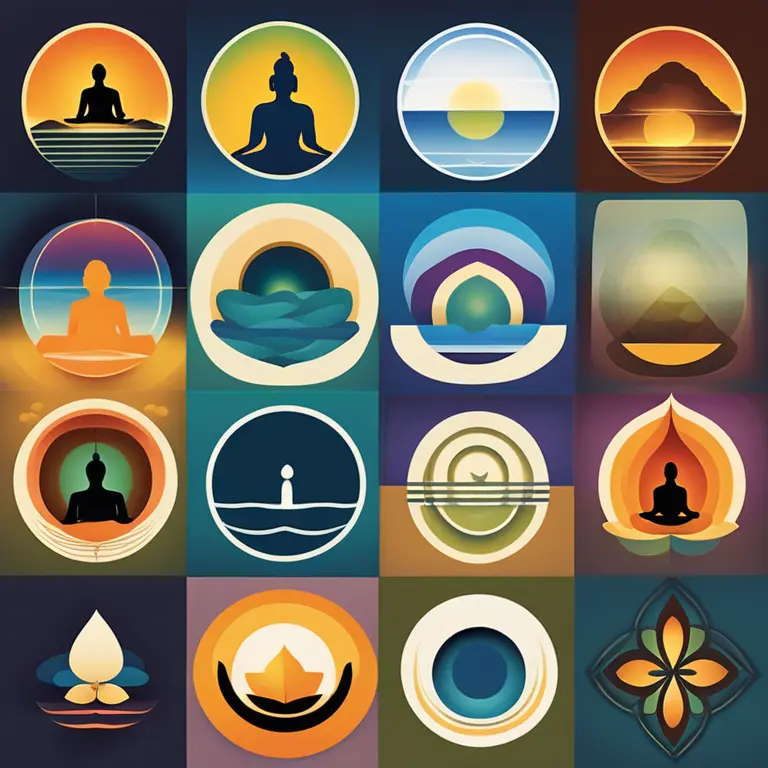
Unlock Meditation Techniques for Inner Peace
Discover a selection of meditation methods to enhance tranquility and mindfulness in your daily life.
article by Hina Kurosawa
Introduction to Meditation
Meditation has transcended centuries as a powerful tool for enhancing mindfulness and instilling a deep sense of peace. In the modern era, with an array of practices influenced by cultural traditions and scientific developments, meditation continues to evolve. As we embrace the year 2024 and beyond, the diversity in meditation techniques offers a bespoke path for individuals seeking tranquility amidst the tumult of everyday life. This exploration caters to the burgeoning interest in personal wellness and spiritual growth.

Varieties of Breath-Focused Meditation
A cornerstone of many meditation practices is a focus on breath. Mindfulness breathing, for instance, entails observing the breath's natural rhythm, which helps to anchor the present moment and calm the mind. Another variant, Pranayama, an ancient yogic exercise, involves controlling the breath to enhance vital energy. Techniques include the energizing 'Kapalabhati' and the balancing 'Nadi Shodhana'. Each form not only offers relaxation but also entails potential health benefits that align with contemporary wellness paradigms.

Guided Visualization and Meditation
Guided meditation is a practice rich in sensory experience, where a calm voice leads you through a story or setting, promoting relaxation and mental clarity. The use of vivid imagery enhances the experience, making it accessible to those who find stillness challenging. As we progress, technology enhances these sessions through immersive virtual reality experiences, creating an environment where visual and auditory stimuli support deeper states of meditation.

Movement-Based Meditation Forms
For those who find peace in motion, Tai Chi and Qigong represent ancient movement-based practices that promote the flow of energy and mindfulness through gentle, deliberate movements. Likewise, walking meditation combines the rhythm of steps with mindfulness techniques; it has gained popularity as it can be practiced in various settings, such as parks or nature trails, catering to our increasing desire to connect with nature.

Mantra and Sound Meditation
The repetition of mantras or sounds is another meditative practice garnering attention for its simplicity and depth. Whether it's the traditional 'Om' chant or modern sound baths featuring crystal bowls, these resonant practices focus on vibration's power to heal and calm the mind. The inclusion of binaural beats in audio recordings is yet another 21st-century adaptation, scientifically devised to promote different states of consciousness.
Technology-Enhanced Meditation
With the advent of new technology, biofeedback and neurofeedback have made waves in meditative circles. These methods employ real-time displays of brain activity to help individuals modulate their mental state. Wearables that monitor vitals and guide breathing rhythms extend the reach of meditation to those seeking a quantifiable and scientific approach to mindfulness.
Zen and Other Seated Meditations
Seated meditation remains a timeless technique and is often associated with Zen practices, which emphasize 'sitting quietly' to gain insight and awareness. Additionally, the Vipassana practice, which focuses on deep, continuous monitoring of the body and mind, challenges practitioners to confront their thoughts and feelings head-on, offering profound insights into the nature of existence.
Published: 1/18/2024
Modified: 1/18/2024
More predictions
Come back here soon to learn more about yourself and your future



